Master of Science in Management and Organizational Leadership (MSMOL)
The Master of Science in Management and Organizational Leadership at Albertus Magnus College is a forward-thinking program designed to equip a new generation of diverse and ethical leaders with the practical skills needed to succeed in a rapidly changing business landscape. The program emphasizes leadership as a relational process that values inclusion, purpose, and shared vision, while also encouraging students to adopt a service-oriented approach rooted in trust and ethical behavior.
Through this program, students will not only gain a master's degree, but also the confidence and drive to become leaders and team members who can inspire and collaborate with others to achieve success. By cultivating a diverse and multi-generational workforce, this program will cultivate today's leaders to become stronger, more focused, and more effective for their organizations.
What Makes Management and Organizational Leadership at Albertus Different?
Engaged
Students
- Hands-on, experiential learning
- Interdisciplinary perspectives
- Emphasis on collaborative work
Great
Teaching
- Personally invested professors
- Small class sizes
- Innovative, well-rounded programs
- Resources and opportunities for research
Vibrant
Communities
- Lively extracurricular activities
- Campus-wide events
- Service and community engagement
Successful
Outcomes
- Active career counseling
- Opportunity-building networks
- Access to internships and professional experiences
The Albertus Management and Organizational Leadership Degree Program
Today, a dynamic, fast-paced environment that extends across national boundaries demands a new kind of leader. Human connections are becoming crucial for building effective teams and multi-level collaborative relationships (Source: Society for Human Resource Management).
The Master of Science in Management and Organizational Leadership cultivates leaders by teaching the interpersonal and management skills needed by today’s leaders at all levels and in all industries.
Create Your Flexible Management and Organizational Leadership Schedule
Offered in an accelerated format, most students can complete their Master's in Management and Organizational Leadership in a year when taking two classes at a time.
Online formats offered:
Real-Time Online
instructor-led
- Learn in a live virtual classroom setting with your classmates and professor
- Attend instructor-led live class times each week on zoom
- Make a connection and become part of the Albertus community
- Enjoy interaction that is collaborative and engaging as you learn
- Get immediate feedback and stay on a track to success with your professors
- Delivered synchronously live each week
Online
self-paced
- Complete your coursework in fully online courses
- Have the ability to work on assignments on your own time, at your own pace
- Adaptable to your schedule
- Delivered asynchronously - at your own pace online
Choose How You Learn Best
Albertus offers busy adults the option of choosing Online or Real-Time Online classes,
for each class they take. We know you're busy, choose the way you want to take classes
that will fit with your learning style and life.
Management and Organizational Leadership Student Perspective
Chief Robert J. Gagne has over thirty-five years of law enforcement experience with the Orange Police Department and has been the Chief of Police for the Department since 2006.
"My studies in the Leadership Masters program at Albertus Magnus College helped provide me with skills that I need to respond to the multitude of challenges that I have faced as a police chief."
Chief Gagne earned his Master of Arts in Leadership in 2012. He is a member of the FBI’s Law Enforcement Executive Development Association, and
has served on the Board of Directors for the Connecticut Police Chiefs Association
and as past President of the South Central Chiefs of Police Association.
The Concept of Servant Leadership

Meet Dr. Howard Fero
Dr. Howard Fero, has been a full time faculty member at Albertus Magnus College since 2003. He is a Professor of Management and Leadership and is the Director of the Master of Science in Management and Organizational Leadership program.
"Students in the MSMOL can be confident that the lessons they learn and the concepts they explore can be directly applied to their organization and their specific job. No matter what level we are at, we need to think critically, behave ethically, and communicate effectively."
Dr. Fero’s philosophy of theory to practice is embedded in each of the courses in the MSMOL. In each course students will explore
theory and will be guided to apply the theories in specific, action focused, and practical
ways to their jobs and organizations.
Learn More from Dr. Fero
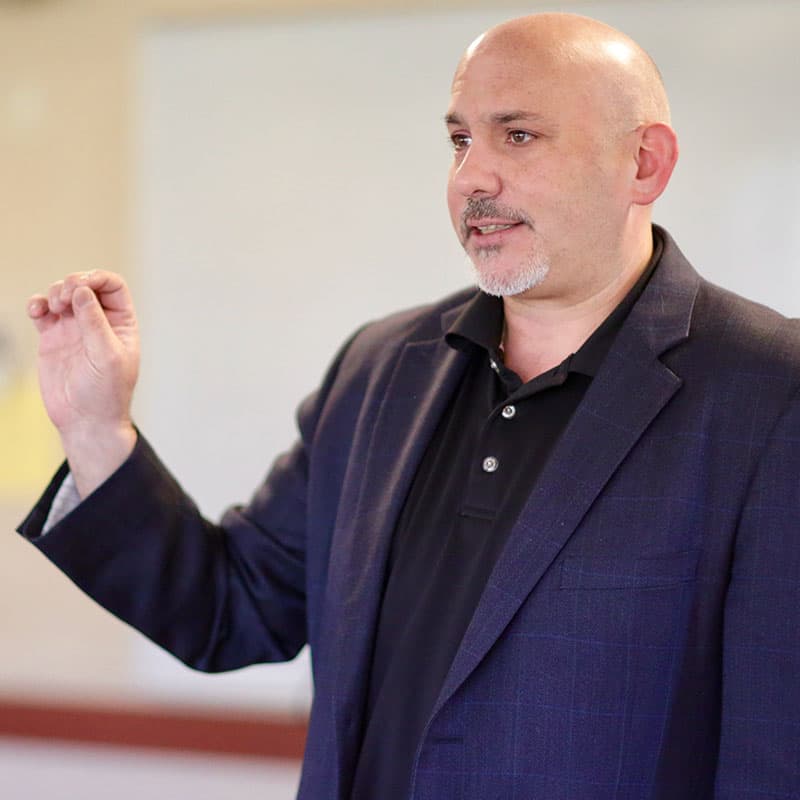
The Albertus Management and Organizational Leadership Faculty
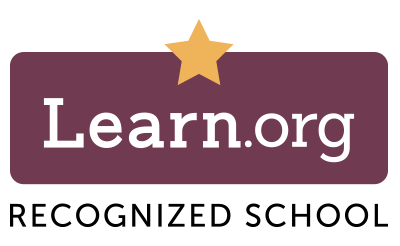
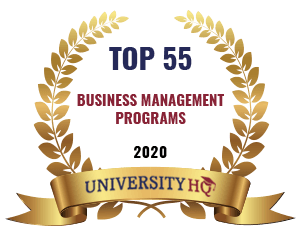
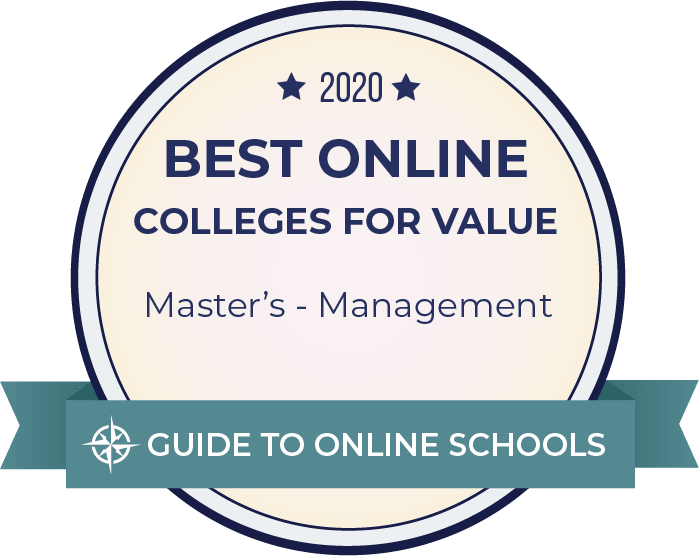
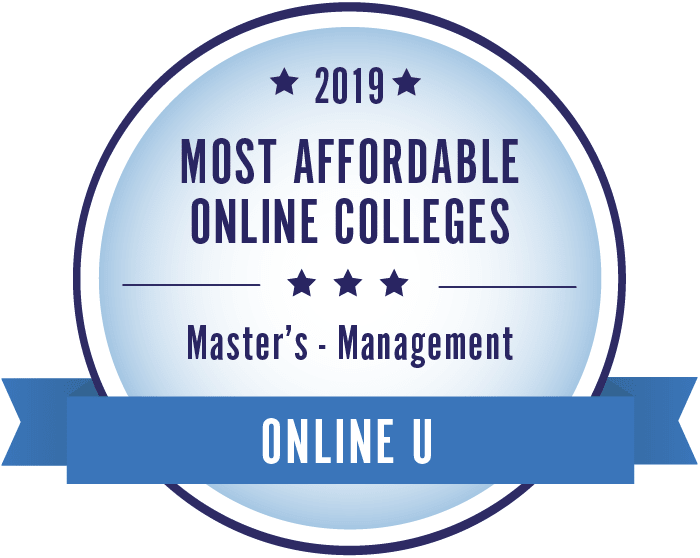
MSMOL Student Success
Tirzah's motivation to get her degree was driven by a fear of comparison to her coworkers. Her message, above all else, is to overcome fear in order to reap professional and personal rewards. As a first-generation college graduate, she now emphasizes the importance of education with her own children. Chasing a dream to become the CEO of her own non-profit, she connected most with the pillar of "Community" at Albertus, being a part of something greater than yourself.
"I am the first college graduate within my family, and that has changed me. I now have everyday conversations with my children about going to college, what they want to be when they grow up, and the importance of education."
Tirzah completed a bachelor’s degree with a double major in Business and Sociology
with a concentration in Social Work, and a Master’s Degree in Organizational Leadership.
Hear Tirzah's Story
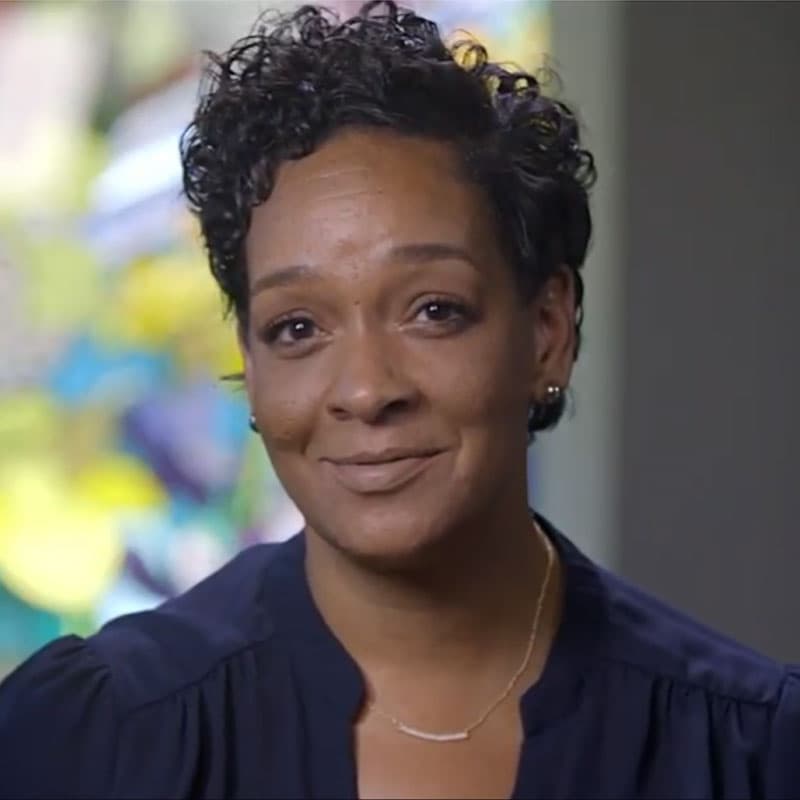
Where Will Your Management and Organizational Leadership Degree take You?
A Master of Science in Management and Organizational Leadership will help you to progress in your career, no matter what industry and what level you are at. The degree will provide you with the tools to lead, manage, and be a more effective team member. Below are some possible career paths, but remember, no matter what career you choose, leadership skills are essential!
Possible career paths with a Master of Science degree in Management and Organizational Leadership include:
The Business Experience at Albertus Magnus College
Vision Statement
The Tagliatela School of Business and Leadership seeks to be a respected educational leader within the regional business community. We will provide high-impact academic programs and experiences aligned with in-demand fields. Our programs will challenge students to develop practical skills and personal values that empower them to succeed in a wide range of business professions.
Mission Statement
The mission of the Tagliatela School of Business and Leadership is to provide a superior business education in innovative, accessible and technologically advanced formats to students from diverse academic and socioeconomic backgrounds striving to be ethical, entrepreneurial and successful in a dynamic economy through quality teaching, service and engagement with the business community.
Our Core Values
- Student-centered learning
- Honesty
- Mutual Respect
- Competency-based educational focus
- Technological Innovation
- Business Community Engagement/Partnership
Management and Organizational Leadership Courses
The Master of Science in Management and Organizational Leadership is a 30-credit program that includes 10 courses taken by all students culminating with a captsone project.
Upon completing the Masters program of study in Management and Organizational Leadership, students will developing skills and attributes in:
- Relational leadership;
- The sharing of vision;
- The value of diversity;
- Accountability;
- Applying theory to practice;
- The empowerment of oneself and others;
- Understanding of organizational culture and dynamics;
- Ethical reasoning;
- Self-reflection;
- Reciprocal trust;
- Service to others;
- The mastery of language and communication;
- Developing, appreciating, leading, and working with teams.
| 10 Required Courses | ||
|---|---|---|
| MOL 501 | Leadership in Theory and Practice | Leadership in Theory and Practice introduces students to the study of leadership and management and differentiates between the two disciplines. The course examines seminal and contemporary theories with a focus on the need for and application of both in an organizational setting. Research skills for graduate school are also introduced and explored with students beginning to formulate research ideas which can be developed throughout this graduate program. (3 credits) |
| MOL 505 | Moral Leadership | In this course, we will delve into the intricate connection between leadership and ethics in organizations. We will examine the crucial role that leaders play in shaping an organization's culture and values, as well as the ethical dilemmas they face in making difficult decisions. Through case studies and hands-on experiences, students will learn to identify their personal leadership characteristics, and develop the skills necessary to make ethical decisions and effectively communicate them to others. By studying community leadership, students will also explore the impact of social and individual identities on effective leadership, and the importance of serving as leaders within their communities. Ultimately, students will leave the course with a deeper understanding of what it means to be an effective leader in today's world.(3 credits) |
| MOL 506 | Organizational Behavior | Organizational Behavior is the study of behavioral issues and concepts faced by organizations and individuals in the organization. The course focuses on the macro level issues faced by organizational stakeholders in the ever-changing environment. Learners will investigate concepts and theories of motivation, organizational culture, employee development, and the like, and come away with knowledge of the processes and theories of effective organizational dynamics. (3 credits) |
| MOL 507 | Critical Thinking | Developing leadership competencies to manage quality processes for organizations today is essential for sustaining long term growth and competitiveness in all industries. To do this effectively, solid critical thinking skills must be utilized. Course participants will evaluate their personal and team decision-making skills that will assist in making effective decisions that link to the overarching quality management philosophies of the organization. The psychology of decision making will also be explored emphasizing the biases and motivations which may prejudice decision-making abilities. Participants will critically analyze contemporary decisions in society and apply the course material to a positive organizational context. (3 credits) |
| MOL 508 | Servant Leadership | This course is designed as a study of the theory and practice of Servant Leadership. It is also an exploration of how students can apply Servant Leadership in their own lives. Students will explore the gulf between those who lead in order to serve others, and those who lead in order to serve self. This exploration will be undertaken from a variety of angles. Students will trace the origins of the Servant Leader concept and will explore modern-day examples of Servant Leadership in action through the writings of top management thinkers. Students will tie it all together by constructing practical applications of the Servant Leader theory to be used at work, school, and/or in their personal lives. (3 credits) |
| MOL 512 | Leadership and Diversity | This course will enable students to understand the importance of valuing and managing the diversity of people. Students will be asked to challenge themselves and their ideas as they work through different workplace issues related to diversity and leadership, looking at issues from the viewpoint of a leader. Critical thinking will be essential when it comes to examining ideas, feelings, and plans related to diversity and leadership issues. Patience and tolerance of ideas and each other will be key. (3 credits) |
| MOL 514 | Conflict Resolution | The meaning of conflict resolution adopted in this course is focused on peaceful, nonviolent mechanisms, spanning formal and informal interactions and bargaining between disputants to reach procedural and substantive solutions. Levels of conflicts and resolution settings are often differentiated by identifying the adversaries, whether they are nation-states, ethnic groups, business or political organizations, community groups, neighbors, or individuals. We will examine these perspectives in order to understand various layers where conflicts arise, and to make comparisons across issues and participants noting similarities and contrasts in resolution manner, effort, and achievement. (3 credits) |
| MOL 601 | Coaching and Talent Management | In an era where organizational success hinges on effective talent management and transformative coaching, this course offers a deep dive into cutting-edge strategies and practices. This course is designed for talent leaders or individual contributors who aspire to excel in talent development and organizational growth. MOL 601 combines theoretical foundations with real-world applications, fostering a dynamic learning environment where students will explore strategic talent management, the psychology of coaching, coaching techniques, and the use of data driven decision making in assessing and designing talent management initiatives. (3 credits) |
| MOL 632 | Organizational Development and Change | This course will focus on issues of business strategy and planning, with an emphasis on organizational structures and processes. Topics will include change management, team development, and continuous improvement practices and experiences. Case studies will be utilized to demonstrate the transformation of business policies and procedures to effectively achieve strategic goals. (3 credits) |
| MOL 630 | Capstone: Practical Leadership | In the Capstone Course for the Master of Science in Management and Organizational Leadership students will apply what they have learned throughout their program to practice. Utilizing the FLIGBY Leadership Simulation students will take on the persona of the new General Manager of an organization and will lead their team to high levels of performance and job satisfaction. Through various assignments and discussions students will reflect on their master’s program and will also look ahead towards their future by developing a Personal Development Plan that will guide them in further cultivating and practicing their leadership. (3 credits) |
Interested in learning more about the diverse courses offered at Albertus?
Management and Organizational Leadership Admission Requirements
To be admitted to the Management and Organizational Leadership program, applicants must submit the following:
- A completed application and a $50 non-refundable application fee
- Bachelor’s degree from a regionally accredited college or university with a minimum cumulative G.P.A. of 2.8 on a 4.0 system*
- Official transcripts from all universities or colleges attended
- For non-native English speakers, minimum TOEFL score of 550 paper-based, 80 internet-based, or 213 computer-based
- Proof of immunization in accordance with Connecticut State requirements
- For online degrees, a valid Driver’s License or DMV Photo ID
- For applicants who intend to use Department of Veterans Affairs (VA) Educational Benefits
- Military, university and college transcripts
- Certification of Eligibility letter or, for reservists, Notice of Basic Eligibility
- Veteran’s Intent to Register form
- Two letters of recommendation from former professors or professional associates
- An essay (500 to 600 words, double spaced) that presents the applicant’s career interests, reasons for applying to the program and expectations for the program. The essay must cite a specific example of the most effective organizational team in which the applicant has participated and how leadership factored into its success.
Become Part of the Albertus Management and Organizational Leadership Community
Have questions about Management and Organizational Leadership? Ready for the next step?
Let us know how we can help plan your future.

